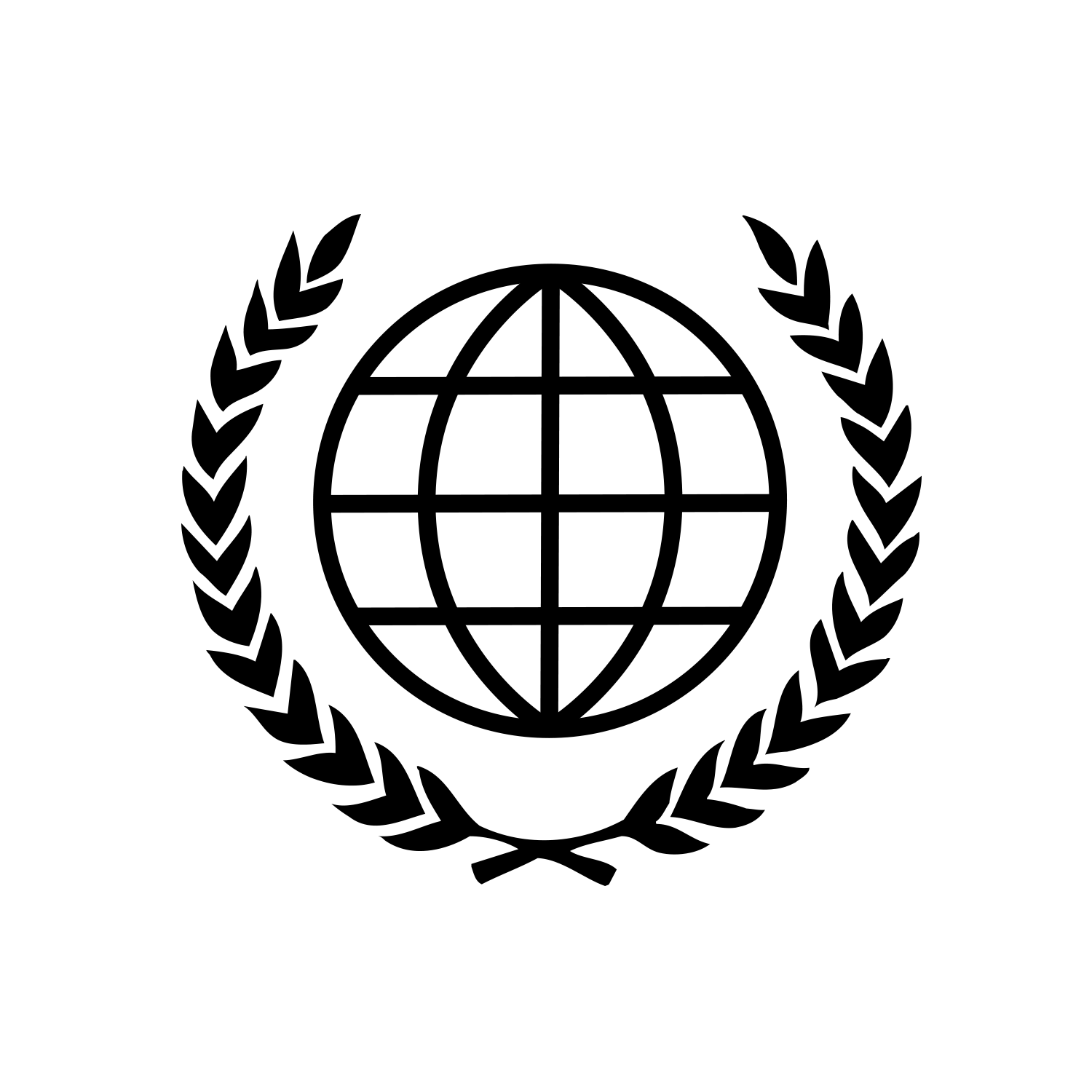Throughout Ghana and West Africa, you'll notice signs reading 'This land is not for sale.' Sometimes you'll buy land from one person, begin construction, then another person will come with the exact same paperwork claiming the same title to that land and everything grinds to a halt. — Carlo Matta at the MIT World Real Estate Forum | May 19, 2016
Speaking on a panel called "Growth Markets, Development Opportunities: Africa & the Middle East" this evening at the MIT World Real Estate Forum at the MIT Media Lab, Accra-based real estate Carlo Matta of Laurus Development Partners explained the pervasive challenge of land title ambiguity dampening economic activity in countries like Ghana. "That's why we don't invest in West Africa," responded Bronwyn Corbett of South Africa, who leads the Delta Property Fund as its COO / CIO.
Property rights are among the institutions of justice we highlight in Poverty, Inc. as a socioeconomic bedrock for human flourishing. "You can't start an economy if ownership is in question," says Ghanaian software entrepreneur Herman Chinery-Hesse in the Poverty, Inc. chapter, "Excluded," also featuring Muhammad Yunus and Hernando De Soto.
How can this problem of clean title be solved?
One of the more promising prospects for innovation involves a still nascent technology known as blockchain, a data structure for digital ledgers first pioneered by Bitcoin.
Here's an interesting property rights use-case published by Factom, an Austin-based blockchain company.
Factom has announced land registry partnerships with the governments of Honduras and China. Another company Bitfury is working with the Republic of Georgia. So if you're interested in property rights, be sure to keep an eye on blockchain.
Circling back to the panel at the MIT World Real Estate Forum, one more thing is worth noting: there is certainly an increasing optimism regarding the investment prospects of the once "hopeless continent" (according to the Economist). Africa is rising.

